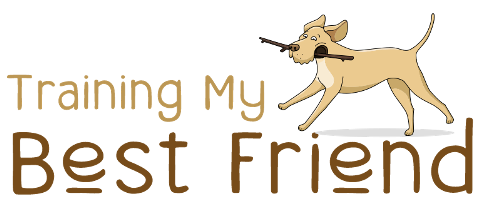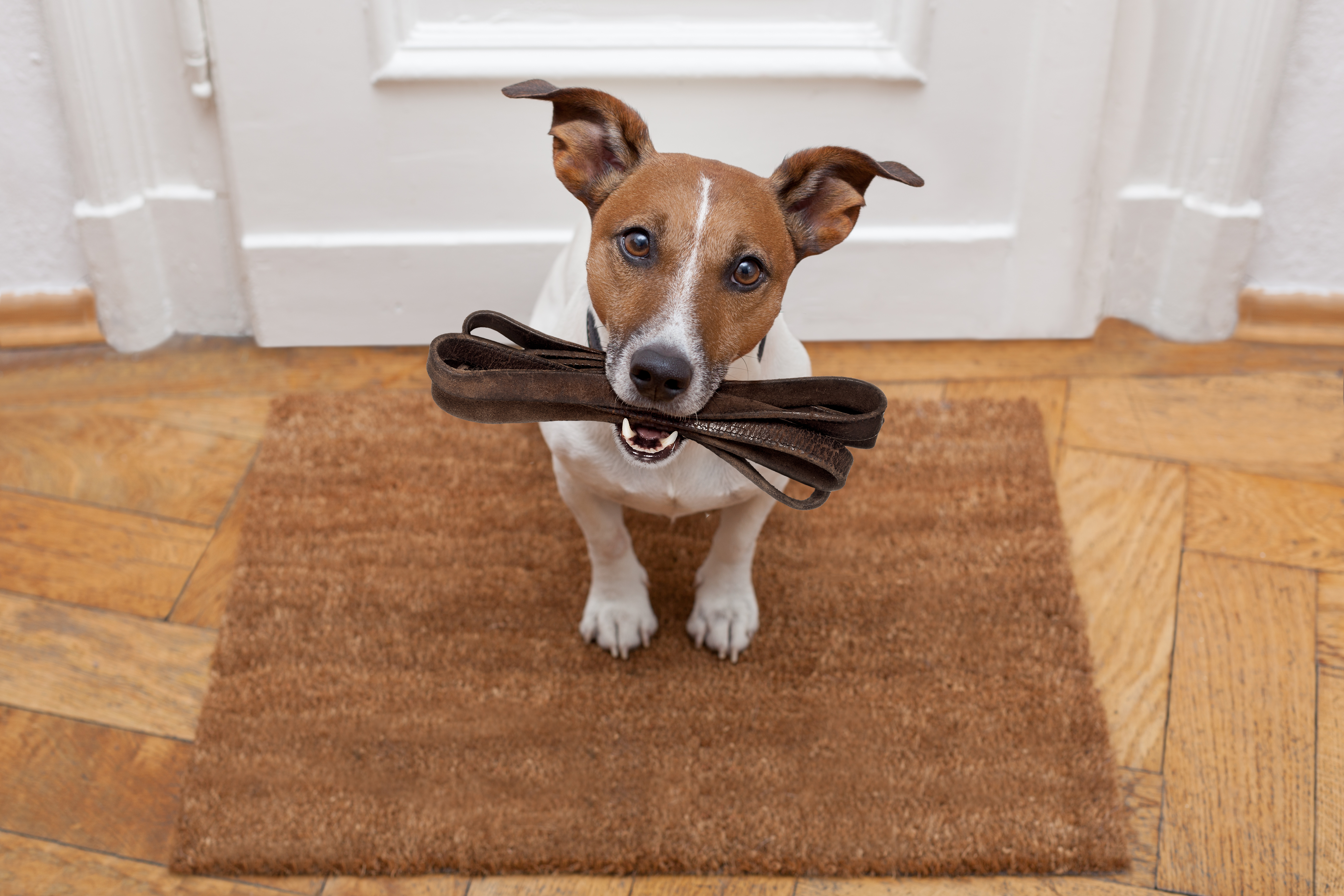How to Leash Train Your Dog
Getting a dog to walk properly on a leash can be a real challenge, especially for new dog owners, but it’s definitely doable. How to leash train your dog as fast and easy as possible is what we are going to discuss in this article.
Develop a Reward System
Perhaps the most important thing that you need to do is to develop a good rewards system. This will come in handy all throughout the leash training process, because every time the dog does something good, you can reward them.
Get some small and tasty treats for your puppy or dog. Play some tug-of-war, call the dog’s name, and just do activities which you can then reward for good behavior. Something else you can try here is clicker training, which has been shown to be quite effective as a reward system, especially when combined with tasty treats at first.
Get Your Dog Use to a Collar and Leash
You need to purchase a good collar and leash for your dog. If they are still a puppy, something light and flat will done just fine. You won’t need anything like a choker or Halti just yet. Now, what is crucial here is to get your dog used to wearing a collar. Puppies can get nervous when you put a collar on them, so it might take some time to get them accustomed to it.
To get your dog used to a collar, try putting it on while the puppy is distracted while playing or eating. This is where the reward system comes in. As soon as you get the collar on the dog, reward them so they know that they are being good. Make sure that the collar is snug enough so it won’t fall off, but don’t make it too tight either.
Now you need to introduce your dog to the leash itself, something which can also cause a bit of anxiety. Some dogs will go nuts when they see a leash or realize that they are connected to one, while others may simply shut down. The trick here is to introduce the dog to the leash in a fun way, maybe while playing, and as soon as you get the leash on the dog, be sure to reward it with a treat. Put the leash on the dog, reward them, then let go of the leash and let the dog do their own thing for a while. This should get the dog used to the leash.
Keeping Calm and Don’t Forget Those Treats
Now that you have the leash on the dog, you need to make sure that you are in a calm environment. Don’t try to leash train a dog in a noisy environment or one with a lot of other dogs around; that will be too distracting and it won’t go so well. Many dogs will bark and whine or just misbehave on the leash, especially the first few times.
The trick here is to stay calm, stand still, and just stand there with the dog in a calm manner until they calm down. You need to be calm yourself, because dogs pick up on your energy. Your calmness will influence the dog. You can now start walking around a little bit, albeit slowly and in short bursts, and every time your dog walks with you in a calm manner, use those treats to reinforce this good behavior. To that end, make sure you have a great dog training treat bag for when you are on the go.
Patience
Something to keep in mind is that dogs who are not used to leashes are not going to understand what is going on right away, so you need to be very patient. If your dog looks nervous on the leash, without taking it off, bend down and pet the dog. Of course, you will need to stop bad behavior in its tracks, and never reward bad behavior either.
Correcting Bad Behavior
Here is the most difficult part of leash training a dog — recognizing and disciplining bad behavior. Now, you don’t have to discipline per say, but you do have to stop the bad behavior. What works really well when your dog pulls really hard on the leash, or walks in random directions, is to simply stop and stand still. Once the dog stops and calms down, you can then begin walking again.
Some people are fans of the turn-around method, which involves turning around and walking a few steps in the opposite direction if the dog pulls at the leash. Either of these methods can work, but what you should never do is yank on the leash. If you yank on the leash, you may confuse the dog, and if you yank too hard, you may even injure them, especially if it is still a puppy. Moreover, yanking backwards usually always has the opposite effect in that it will actually make the dog pull forward even harder.
If the puppy or dog decides to sit down and not move, don’t lose your patience. Use a toy, some treats, or any other method to coax it forward, and then reward the dog when it starts to walk again.
Consistency
Keep in mind that dogs love making their owners happy and they love to learn, so don’t give up, be consistent, and keep leash training your dog on a daily basis. It may take a few weeks to really leash train the dog, but by following all of the above steps and tips, it is easily doable. Always correct bad behavior — don’t let the puppy get away with bad behavior, not ever, or else this will slow things down. Walk your dog frequently and keep training well into adulthood. Eventually, walking on a leash will become second nature.
Conclusion
One small final tip to follow here is that you do always want to be in front of the dog. This will show that you are the one in control, not the dog. Other than that, leash training a dog is actually quite simple, just don’t give up!

